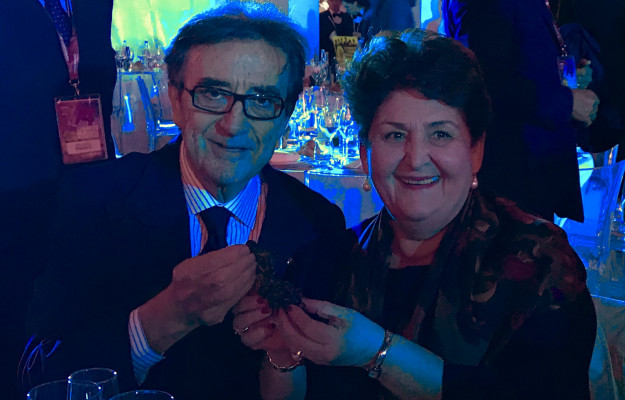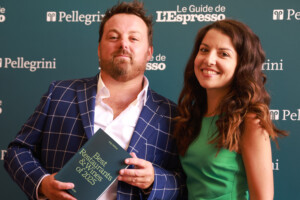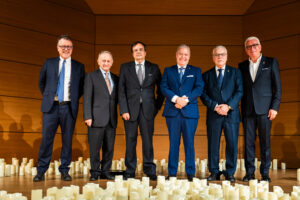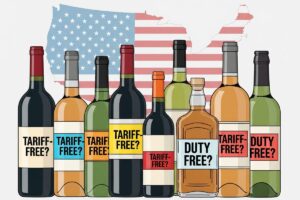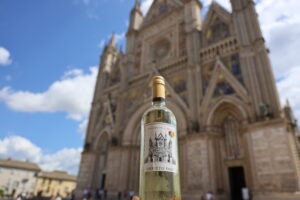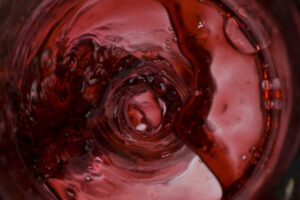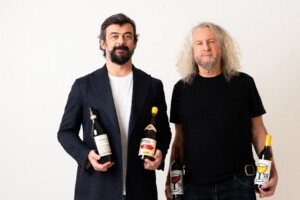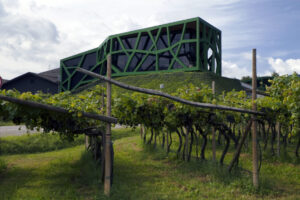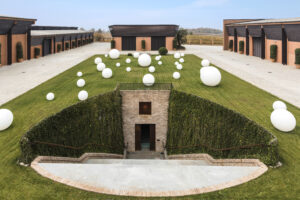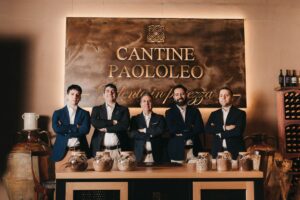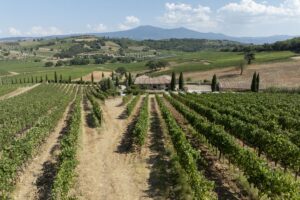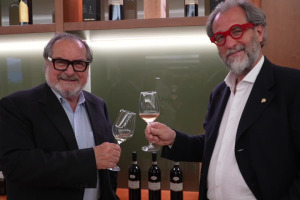“Simplification is a necessity, it’s simple to say and very difficult to do. But my commitment is aimed at simplifying life for farms and wineries, which with wine produce what most enhances our agriculture. Soon I will set up the direction cabin where I want all the representatives of the supply chain to be involved to understand their needs, and then decide what is right to accept and what is not right. With one conviction, however: that the general rules are discussed and changed in Europe, which is our common home”: words of the Minister of Agriculture and “honorary oenologist” Teresa Bellanova, who closed the Congresso degli Enologi Italiani, yesterday in Matera, directed by the Enoteca Regionale Lucana. There are many papers put on the table by Minister Bellanova: from the simplification, as said, to the path to be closed on the issue of origin labelling of foods, to the willingness to speed up on the front of implementing decrees to be made, or revised, to make fully operational the Consolidated Text on wine and the law on wine tourism: “here too I want to listen to the supply chain, speed up on the decrees that are still missing – as she said to WineNews - and review those in force to see if they can be further improved. I believe that being close to businesses is the duty of the institutions, in many ways. For example, by simplifying the life of our companies, eliminating unnecessary bureaucracy, implementing our control system, since we have a Quality Inspectorate and Fraud Repression that is among the most efficient in the world, and that it is not possible, necessary and right that in a company can arrive even four different control bodies in a day. We need a new pact of trust - said the minister - which means helping those who do things well, and punishing even more harshly those who do not respect the rules”. Another key point, according to Minister Bellanova, “is to support our companies in exporting. On this point, I can announce that the Ministry has completed the preliminary investigation to activate the 28 million euros of the Ocm Vino available to companies for promotion in third countries. However, I also say that the institutions must work to ensure that the real made in Italy reaches the right markets, those that can afford the price of quality products, of excellence, that respect the rights of those who work to produce them, and those of the environment where they are born. We must explain this to the consumers of the world, and also in the United States, which is strategic for us, where, with regard to duties, we must tell the Americans that this measure not only penalizes Italian companies that are not to blame but also the consumers themselves, because it deprives them of products of absolute quality.”
However, on the stage of the Congress of Italian Oenologists, “which the Minister has defined as the backbone of Italian wine,” Cotarella recalled, there was also talk of names, consortia and their future, with representatives of the supply chain interviewed by journalist and producer Bruno Vespa, in the role of provocateur. Starting from the number of denominations. “There are many or too many,” Vesta asked the head of the National Wine Committee, Michele Zanardo, who replied: “today we have 74 DOCG, 332 DOC, and 118 IGT. It depends on how you look at things. Surely there are many, especially if you think that there are some who have never even claimed the production. But if you think of the great variety of territories and vines that populate Italy, from Bolzano to Pantelleria, to the many expressions of history, culture, and biodiversity that the names somehow represent, there are many but not too many.”
A wealth, then, stressed Bruno Vespa, but that risks retaliation against Italy, especially in new markets, such as Asia, where consumers already inexperienced risk not understanding anything of Italian wine. Which, as the general manager Ismea Raffaele Borriello said, “in recent years has seen the value of its exports grow, and this is certainly important, but it has seen a decrease in the quantities shipped, and this should make you think.”
“It is true, too many Docs can become a danger - said the president Federdoc, Riccardo Ricci Curbastro - and an effort of synthesis in the category of denominations we should do it, I say it for a long time, and maybe some could become sub-areas of others, without losing identity, while others not claimed should be eliminated. But it is a speech we have been making for many years, and no one has ever come forward in this sense”. However, we go even further, the journalist Vespa says: “Wine consortia guarantee the origin, but stifle quality. It is enough to see in how many territories there are “heretics”, often brands of absolute level, who leave the Consortia”.
“It is a statement that I reject - Curbastro replied - first of all because the territories that are doing best are those where there are consortia that work, that promote, and where you can make a synthesis between the different positions because making compromises is not necessarily bad. And then let's remember that the rules are made by the producers. A topic on which to intervene, if anything, is in the revision of the Commissions for the tasting of Denominations, and addressing this issue is one of the requests that we make to Minister Bellanova”.
“As said, by the end of the year, I will set up the control room - said, for its part, the Minister - let’s get together and work. It applies to wine and all other products. And then we have a common enemy: we have an agri-food export of 42 billion euros, and 100 billion Italian soundings in the world, producers who compete unfairly with the real made in Italy. We have to make the system, but really, because if we don’t all work to raise awareness of the quality of our authentic production, we do not combine anything. I am happy to say this from the Congresso degli Enologi, because it is they who have changed the face of wine, especially in the South, where we have gone from bulk traveling in tanks to strengthen the wines of the North to bottles that tell poems, territories, biodiversity. If we want to take charge of sustainability and the fight against climate change, our development model can only start from quality agriculture, of excellence, of innovation and research, of precision. As happened in the world of wine, thanks also to the oenologists”.
Copyright © 2000/2025
Contatti: info@winenews.it
Seguici anche su Twitter: @WineNewsIt
Seguici anche su Facebook: @winenewsit
Questo articolo è tratto dall'archivio di WineNews - Tutti i diritti riservati - Copyright © 2000/2025










